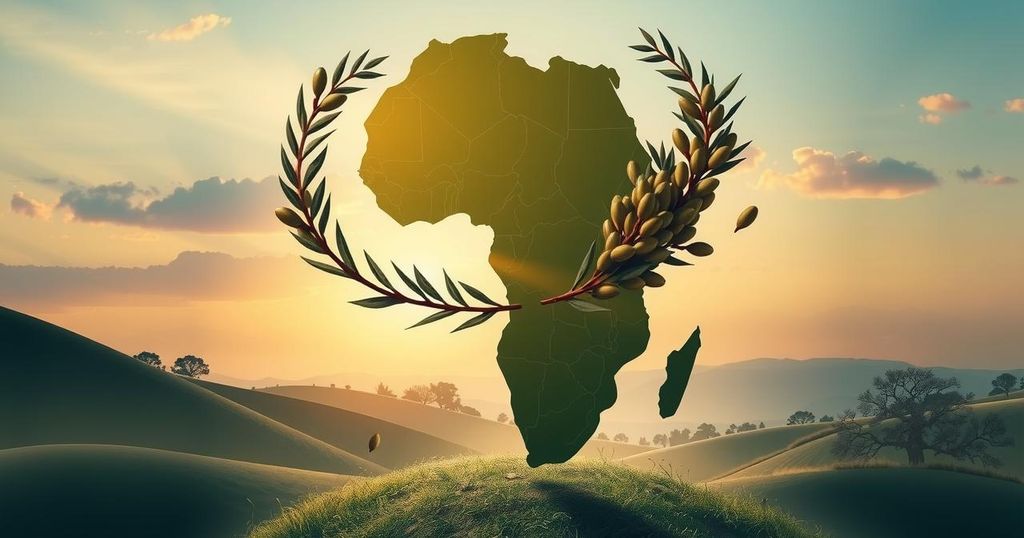Preventing Disaster: European Responsibility in the Congo Crisis

Congo is facing potential catastrophic violence as M23 rebels advance, causing mass casualties and displacement. With Europe’s interests at stake due to crucial mineral resources and investments, decisive intervention is necessary to prevent further conflict. Historical context shows that coordinated international pressure can shift dynamics, urging the need for strategic sanctions and negotiations.
The Democratic Republic of Congo is on the verge of a significant humanitarian crisis, exacerbated by the violent actions of Rwanda-backed M23 rebels who captured Goma. The United Nations reported that nearly 3,000 civilians have died, generating a mass displacement of over a million people. This instability poses threats not just to Congo, but extends to its nine neighboring countries, with fears of a potential Third Congo War looming.
Europe has a critical role to play, not only from a moral standpoint but also for its own interests. Congo’s vast mineral resources are essential for the transition to green energy. Furthermore, projects like the Lobito Corridor, key European investments, could be jeopardized by escalating conflict. Rwanda serves as an important partner for Europe, especially concerning security and resource management.
Rwanda’s actions, notably the support of M23, reflect its ambitions to control Congolese territory for demographic and resource purposes. Kagame’s government has been a recipient of international aid, often enabling it to pursue aggressive strategies without significant pushback. The historical context indicates that Rwanda sees opportunities in exploiting rival militias to assert its dominance over eastern Congo’s lucrative resources.
The conflict risks becoming a regional war, as neighboring nations like Burundi and Uganda engage indirectly. The Congolese military lacks resources and morale, escalating fears that M23 could reach the capital, Kinshasa. If South Kivu falls, other armed groups might rise, leading to wider instability similar to the previous Congo Wars, which resulted in millions of casualties.
European leaders must take decisive action to prevent the conflict from spiraling further. Historical precedents suggest that coordinated international pressure can influence Rwanda. Europe could utilize targeted sanctions against Rwanda to compel negotiations and seek a peaceful resolution, ensuring the stability of Congo and its vital resources.
Effective measures may include sanctioning various economic cooperations with Rwanda, including security agreements and trade relations. Engaging the UAE as a partner in negotiations could provide leverage to resolve the crisis. Ultimately, the European commitment to maintain Congo’s sovereignty aligns with its strategic interests in the region and its economic goals related to mineral supplies.
The humanitarian situation in the DRC requires urgent international attention, with Europe positioned to impact the outcome. A stable Congo is vital for regional peace and aligns with European economic interests. Collaborative efforts among involved parties are crucial to avert further disaster and secure the future for millions at stake.
Europe must recognize the urgency of the situation in Congo and act to stabilize the region. By applying strategic pressure on Rwanda and fostering negotiations, Europe can help avert another devastating conflict. The interplay of humanitarian needs and European strategic interests highlights the need for immediate and coordinated action to protect both Congo’s sovereignty and the vital resources it offers.
Original Source: ecfr.eu







